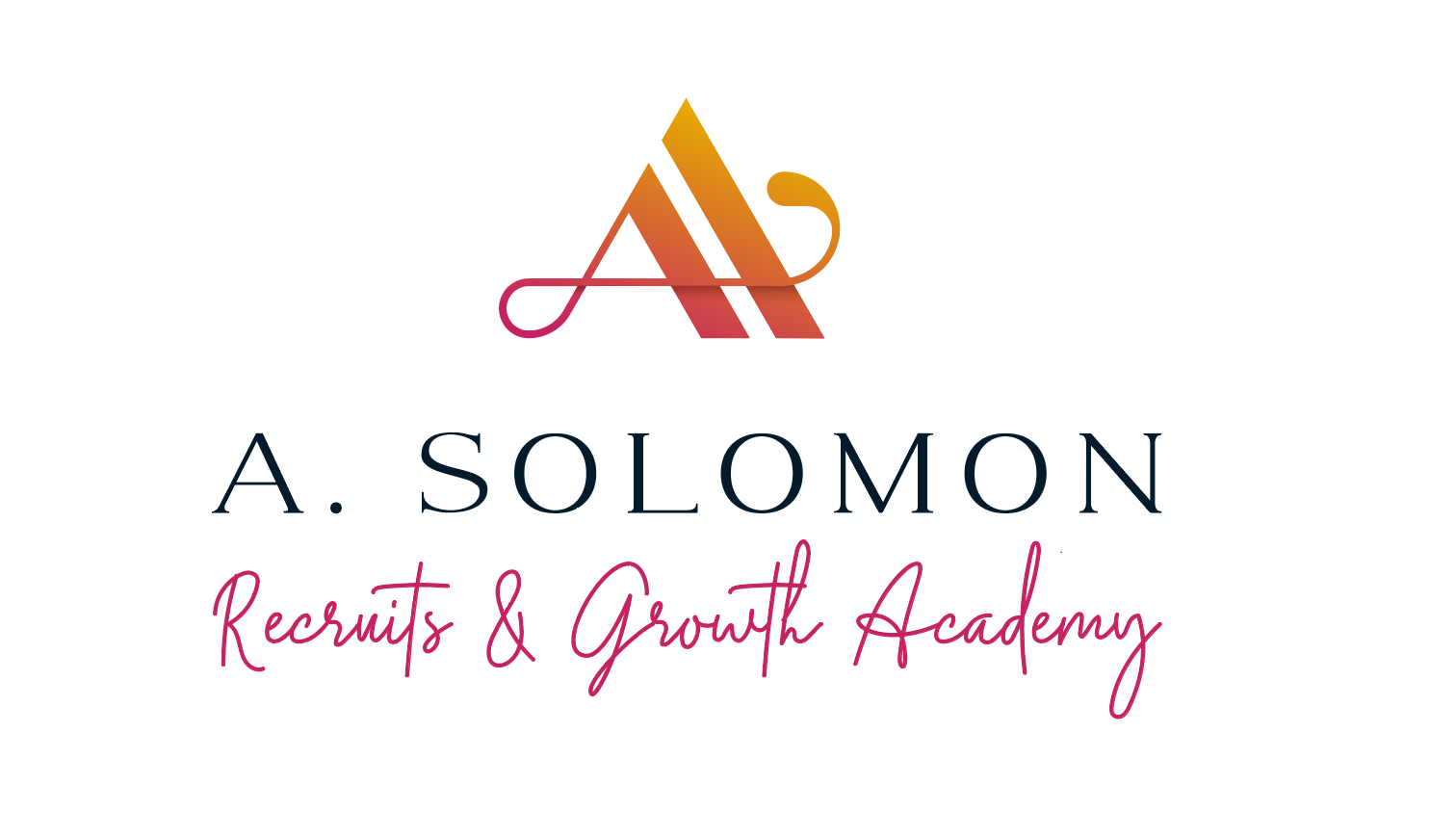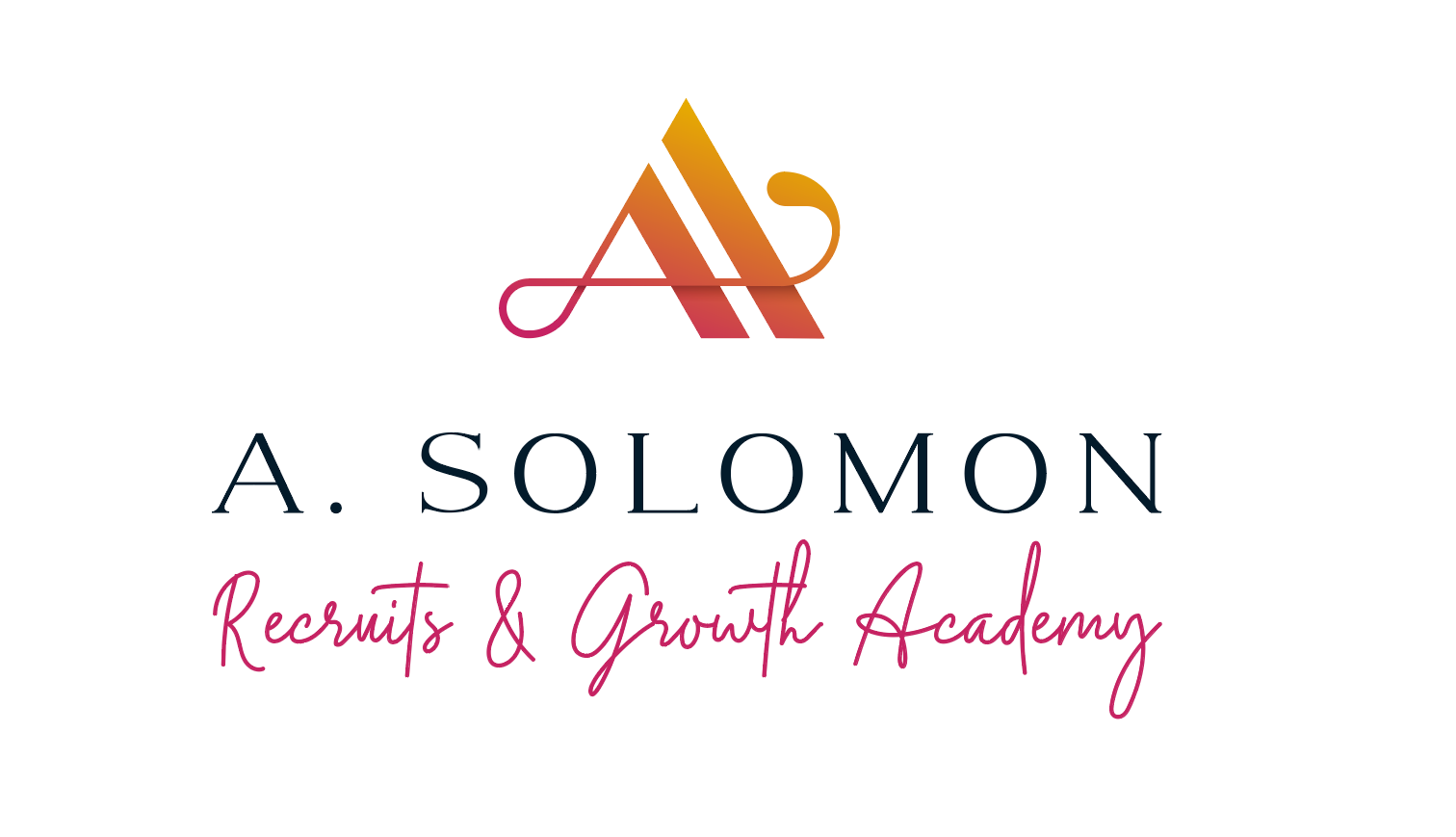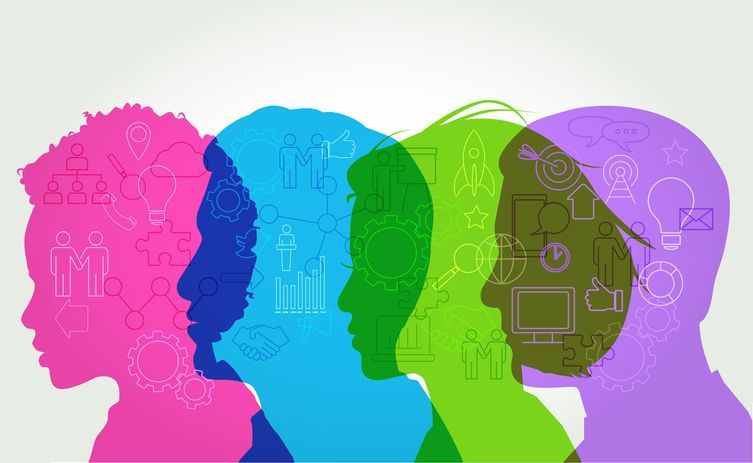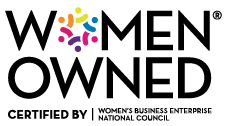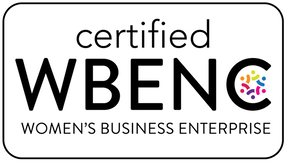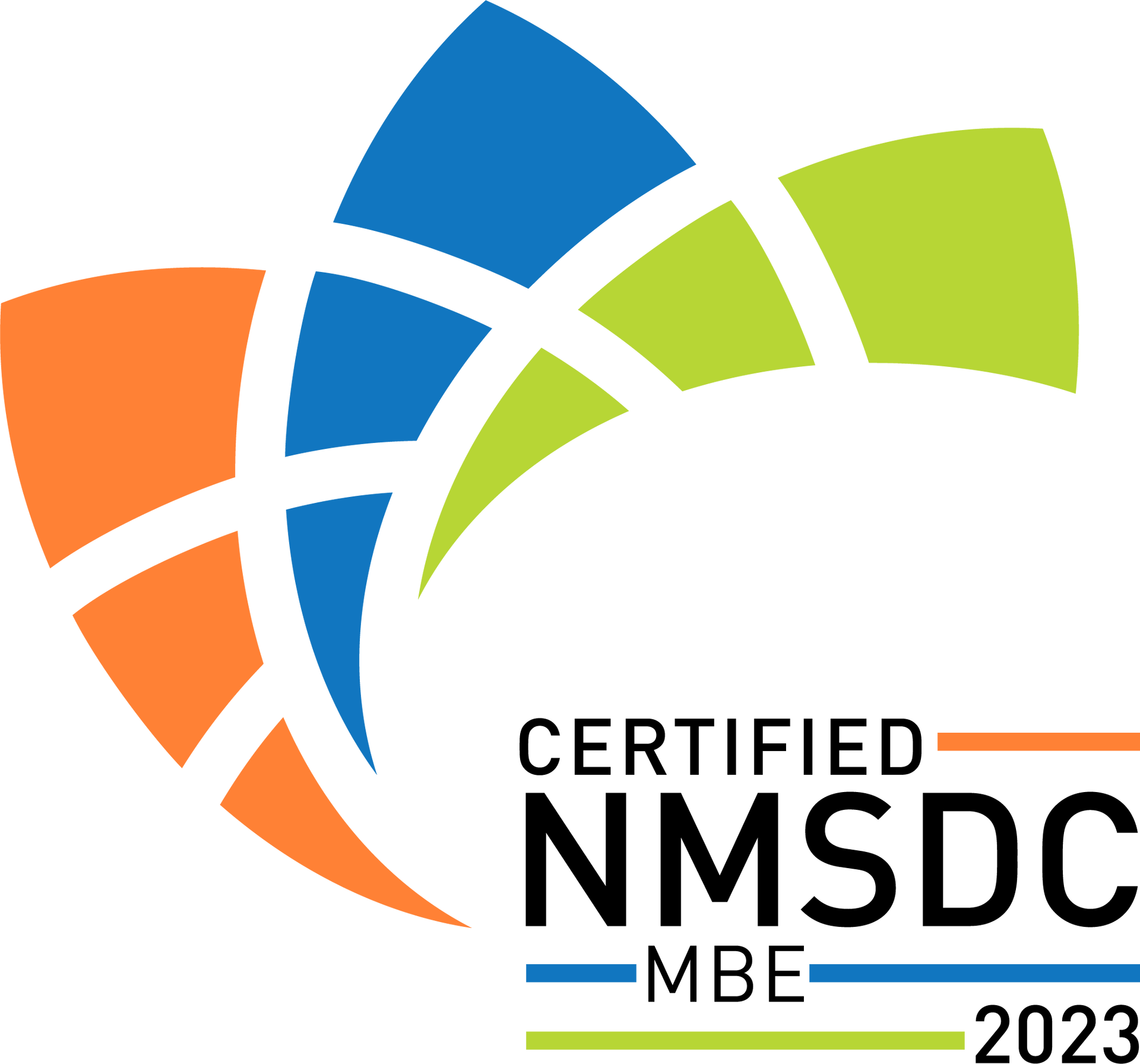Cicely Tyson and the Power of Embracing Black Selfhood
Last week, we lost a legend. Cicely Tyson passed away on January 28th at the age of 96. She rose to prominence in Hollywood in the 70’s as one of the first black women to receive starring roles in film and television. At the time, and still today, black characters in film are too often portrayed as caricatures of a blackness that is dictated and written by white America. Tyson, however, walked into a white world and made her blackness heard.
Tyson had a profound impact on race in Hollywood for two main reasons: she never compromised on her values in order to gain prominence in Hollywood and because she conducted her career firmly rooted in her identity as a black woman. America needed Cicely Tyson. Some 50 years after her debut in Hollywood, we can still take lessons from her life.
Tyson grew up in what she termed “slums”. She was kicked out of her mother’s home for her dreams of being an actress. She then became a single mother and started her acting career amid these strains and responsibilities. However, she never took roles for money alone. When choosing a script, she always chose roles for black women who were distinctly complex and nuanced, aware of the impact that Hollywood representations of blackness have on the world. She was determined to use her position in Hollywood to represent the humanity of black women.
She was not only an actress but a fashion and beauty icon at a time when, even more so than today, notions of beauty were dictated by a white majority. She used this platform to champion black beauty, appearing publicly and in her roles with natural hair at a time when many black women chemical-ed and straightened their hair to whitewash their appearance. She also embraced the diversity and versatility of black hair itself, changing her style frequently to champion and celebrate not just a particular look but black hair as a whole. She was one of the first prominent black women to wear her hair in an afro, which initially sparked public controversy. She starred in “Eastside/Westside” in cornrows and before filming her role in “Roots”, Tyson went to a barbershop and asked them to shave her head to better represent her character as she would actually appear and not just how Hollywood imagined her.
Today, black women are still told in the workplace that their natural hair is not professional and that their blackness must be masked, toned down or made more approachable. Many white leaders are blind to the black experience to such a degree that they don’t understand or accept a public expression of culture and identity that doesn’t exactly map onto their own. For this reason, black women are often asked to compromise on who they are and to change their natural appearance because it doesn’t fit into what’s considered conventional beauty standards.
Cicely Tyson showed generations of black women that empowerment in the workplace doesn’t look like compromising your morals and your identity in order to get ahead in a world that doesn’t inherently value you. Empowerment in the workplace for black women looks like standing in our power, not despite our blackness, but because of it.
For this, Tyson is an icon of black empowerment. She didn’t become a legend by compromising on her values and denying her own identity. She didn’t become an inspiration to the people around her by pandering to a dysfunctional status quo. She changed the opinions of a generation by standing in her own power. And power comes from embracing all of who you are and bringing it, unflinchingly, into everything you do.
Leaders in our workplaces need to understand this and encourage the full development and expression of their employees’ individuality, diversity and selfhood. Because the most effective people are those who stand in the power of exactly who they are. Everyone around them benefits.
---
Solange Knowles is a legend of black empowerment in her own right. Inspired by Motown music of the 60’s and 70’s and R&B beats of the 80’s, her music often addresses topics of race head-on. In her 2016 album “A Seat at the Table”, she intersperses songs with vocal interludes of various people speaking explicitly about their personal experiences with race. The interludes break up the flow of the songs as if to say, “you can’t listen to our music without listening to our voices and without hearing our experience”.
I AM someone who sees incredible potential in places most people don't think to look. As a black woman, small business owner of a diversity staffing boutique, my team and I walk alongside our Clients in creating professional environments that are truly for ALL. I believe in our interconnectedness as a human race and strive every day to use my gifts to empower the workplace’s invisible and powerless. I rarely bet on certainty and always root for the underdog because, after all, those are the best stories to tell.

